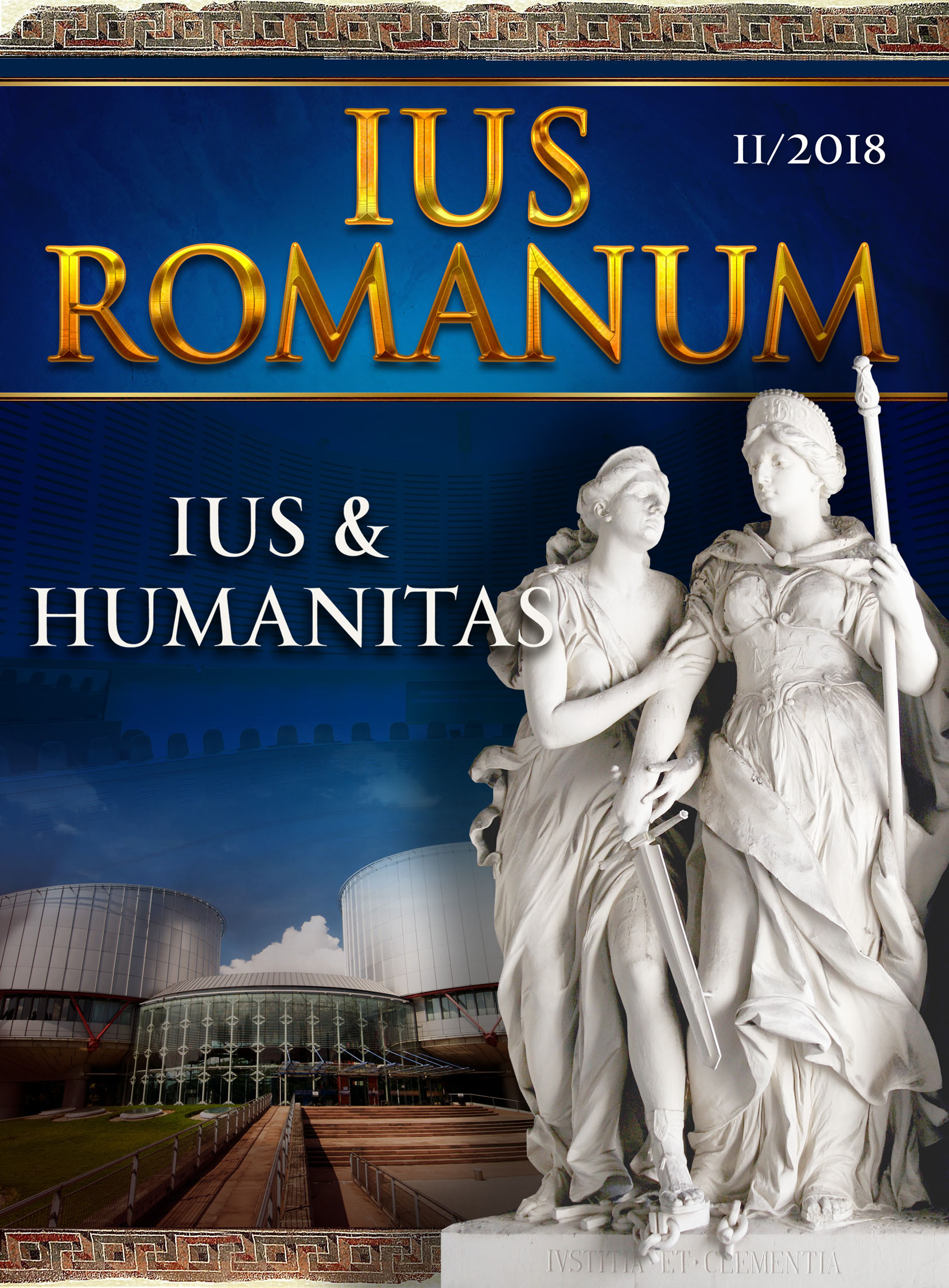THE LEGAL RULE LIBERUM CORPUS NULLAM RECIPIT AESTIMATIONEM IN THE EUROPEAN LEGAL HISTORY
THE LEGAL RULE LIBERUM CORPUS NULLAM RECIPIT AESTIMATIONEM IN THE EUROPEAN LEGAL HISTORY
Author(s): Milena PolojacSubject(s): Law, Constitution, Jurisprudence, History of Law, Civil Law, Human Rights and Humanitarian Law, Canon Law / Church Law, EU-Legislation
Published by: Софийски университет »Св. Климент Охридски«
Keywords: body of a freeman; damages; legal rule; Aquilian statute; glossators; Leonardus Lessius; Hugo Grotius; Samuel Pufendorf; Samuel Stryk
Summary/Abstract: The legal rule liberum corpus nullam recipit aestimationem – the body of a free man does not admit of valuation (in monetary terms), is referred to in the Digest of Justinian several times (D. 9.1.3, D. 9.3.7). It is formulated by the famous Roman lawyer Gaius. It emerged as a response to the question of whether the body of a free man may be the subject of a claim for damages. The body of a free man is contrasted to the body of slaves whose value may certainly be subject to monetary valuation. This rule played an important role in the formation of provisions about civil liability for damage even after ancient slavery had ceased to exist. Many legal thinkers have been referring to it; the glossators, moral theologians, natural lawyers, the German usus modernus Pandectarum. The influence of this rule is evident also in the contemporary civil legislations.
Journal: IUS ROMANUM
- Issue Year: 2018
- Issue No: 2
- Page Range: 377-389
- Page Count: 13
- Language: English

